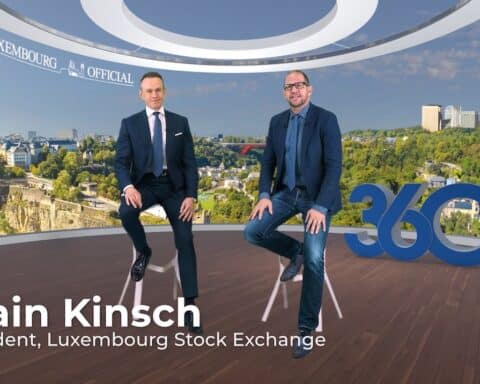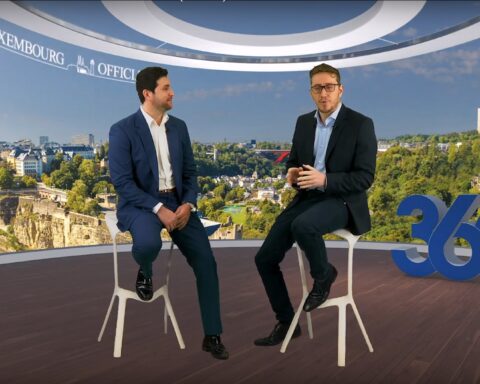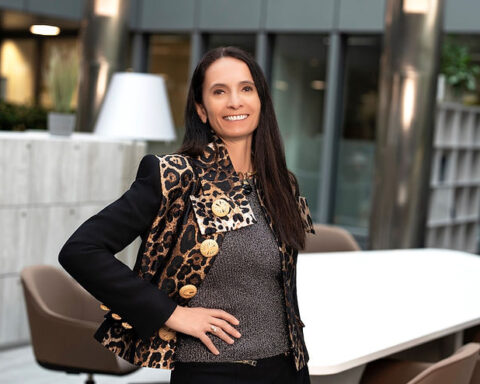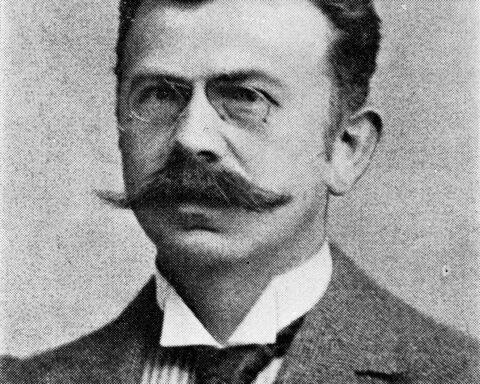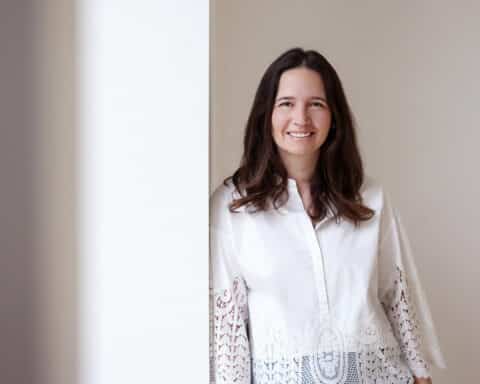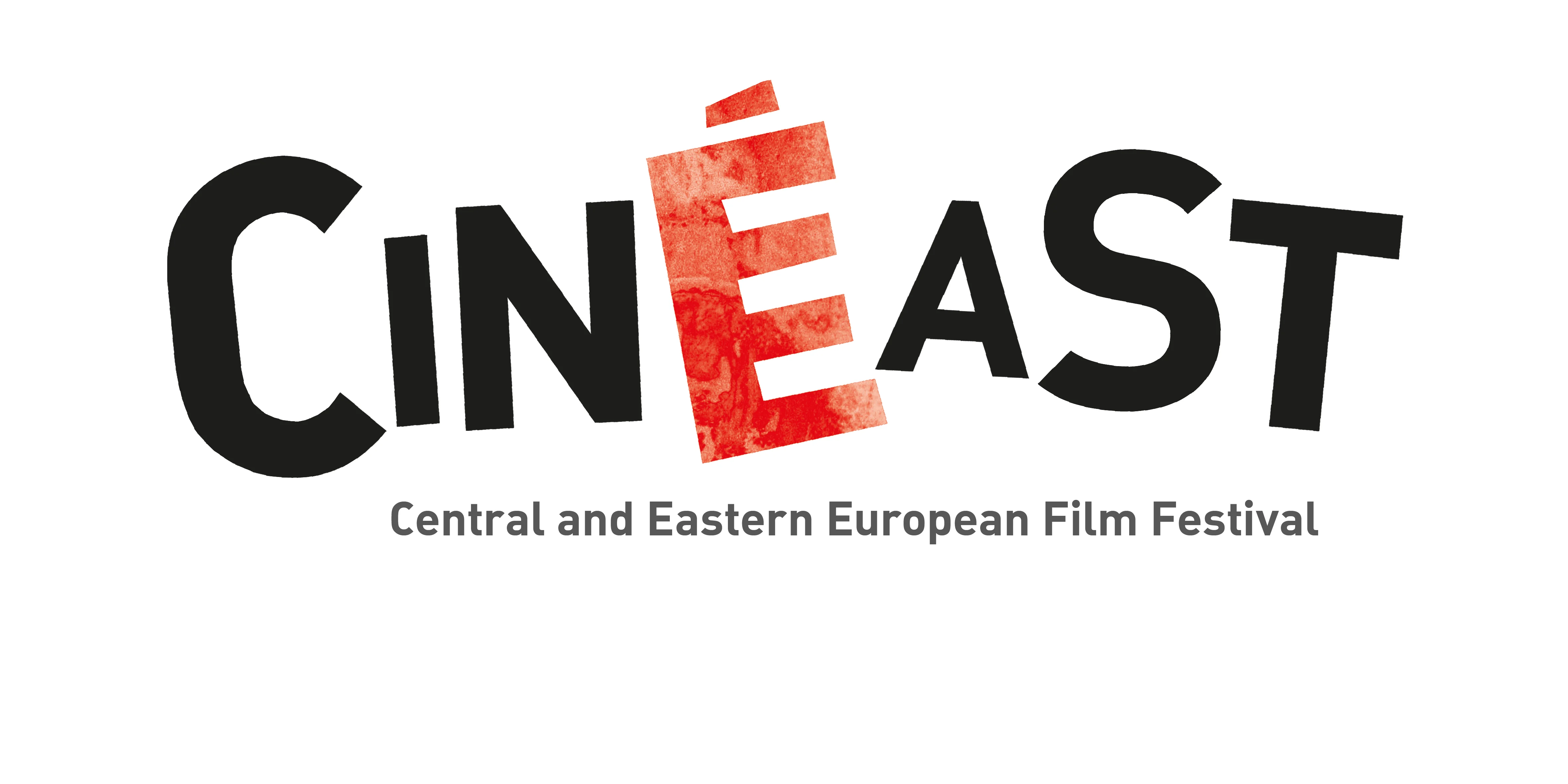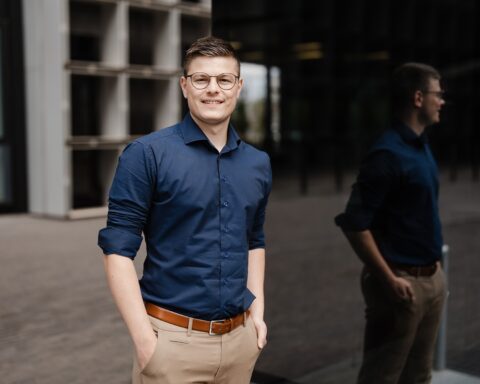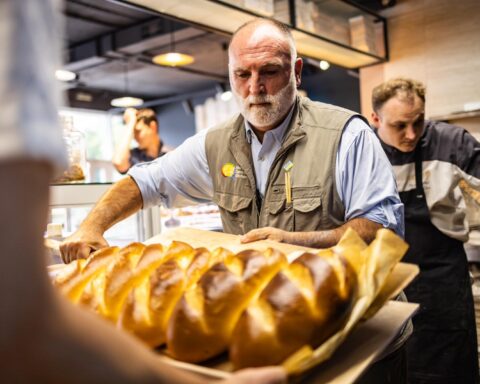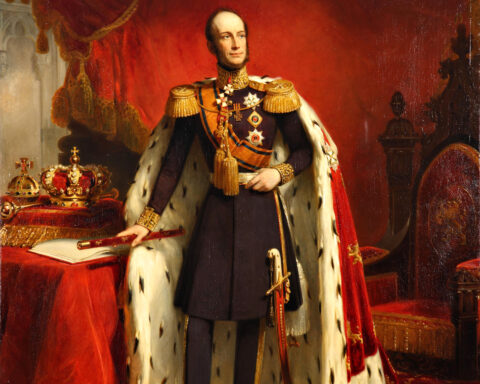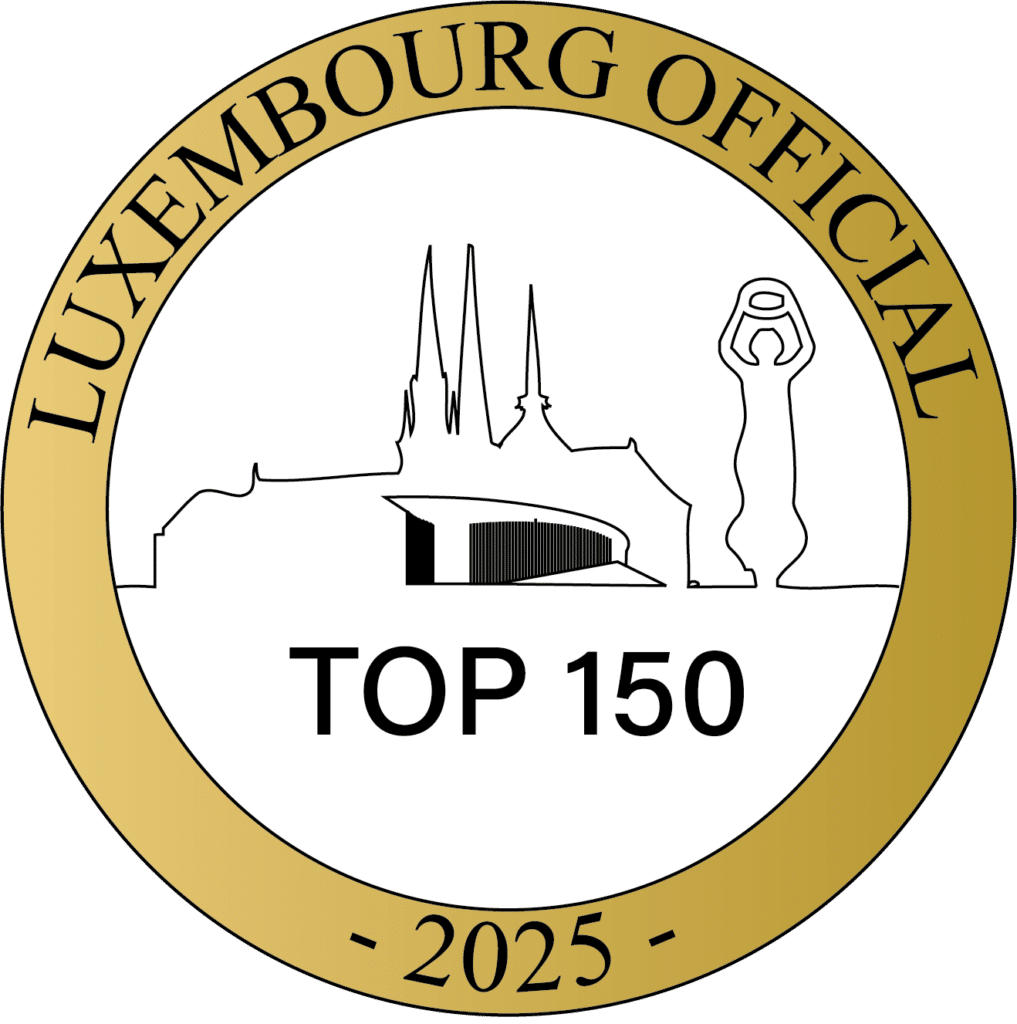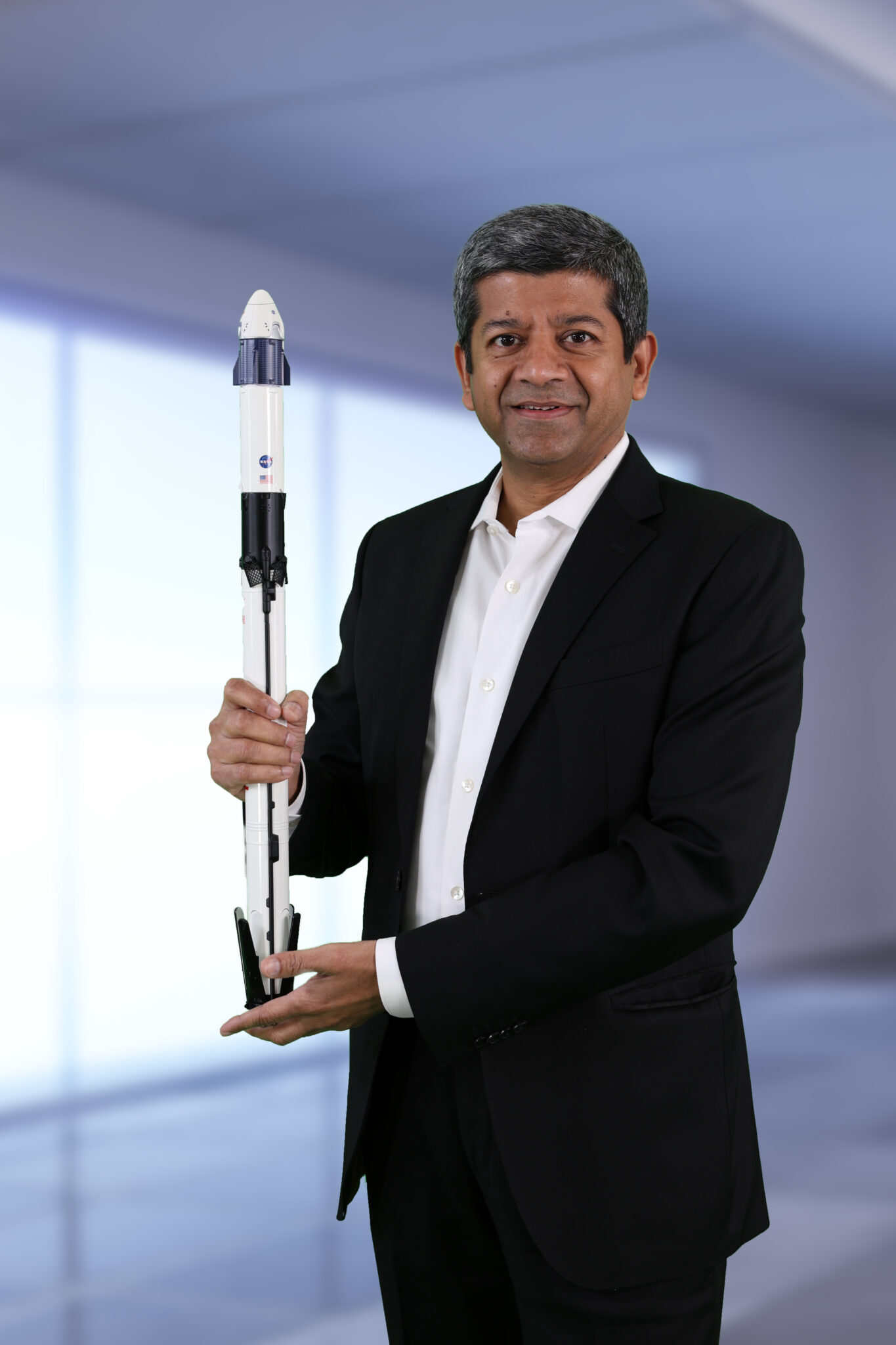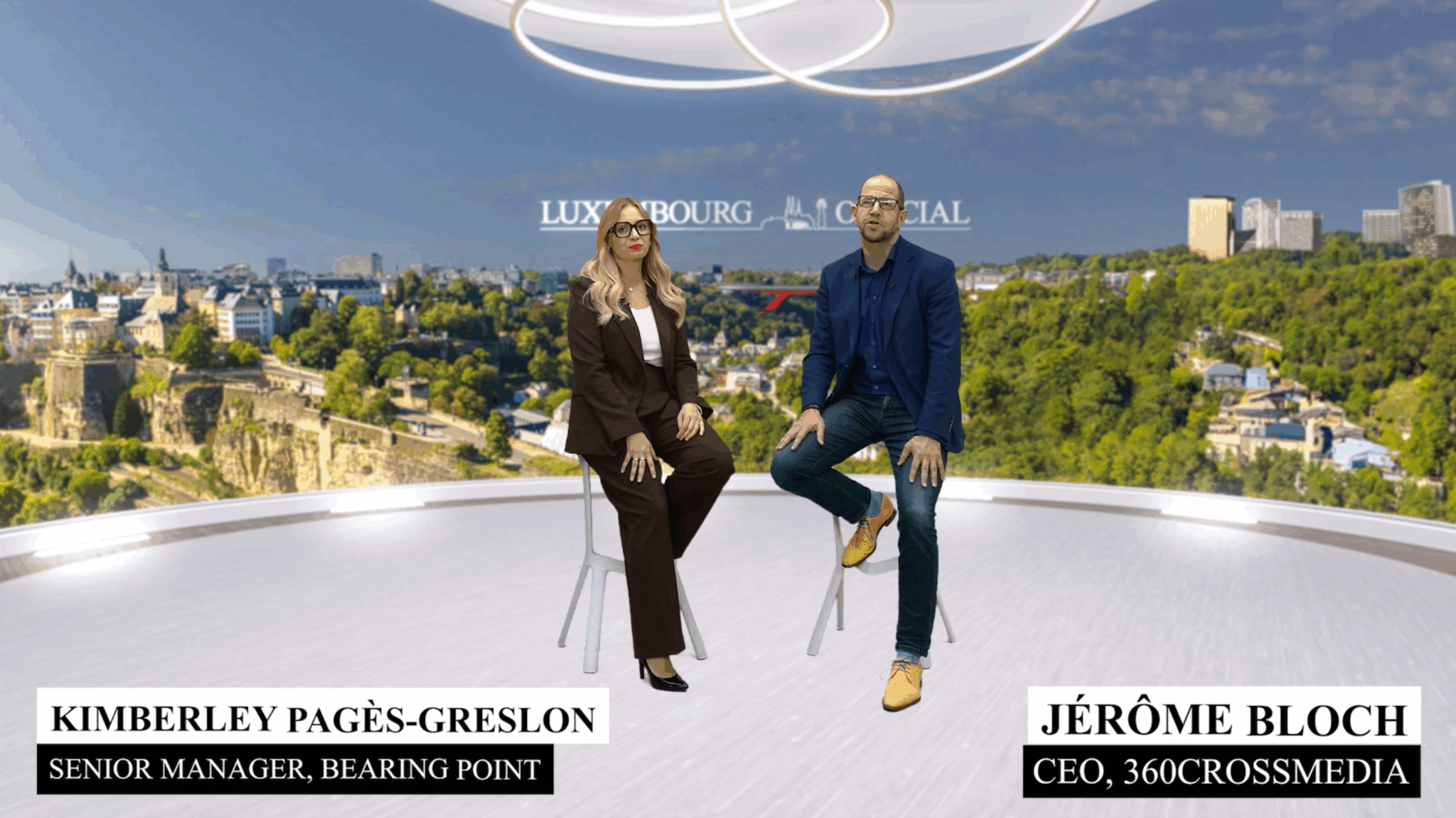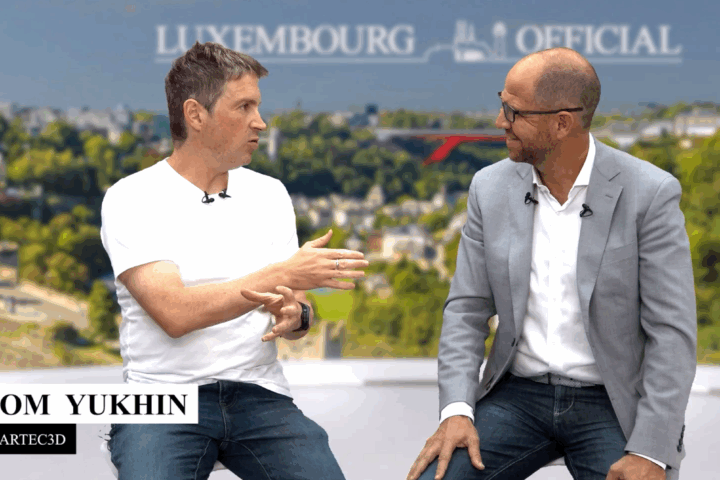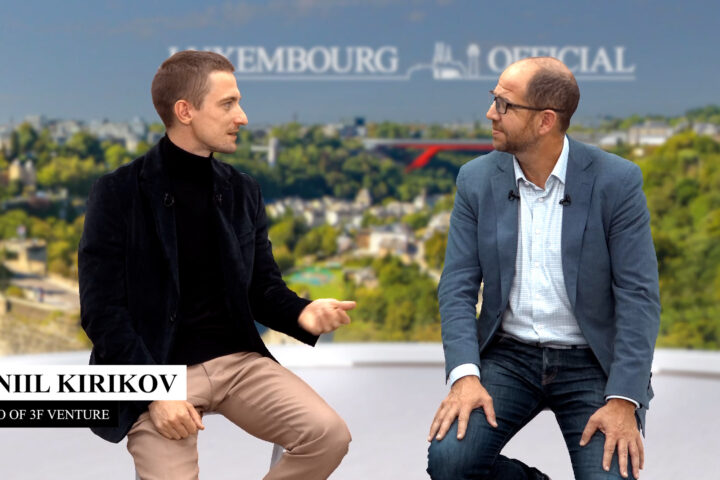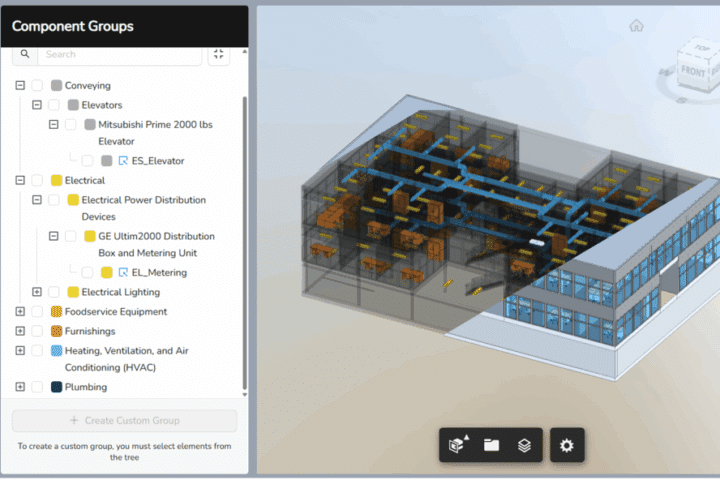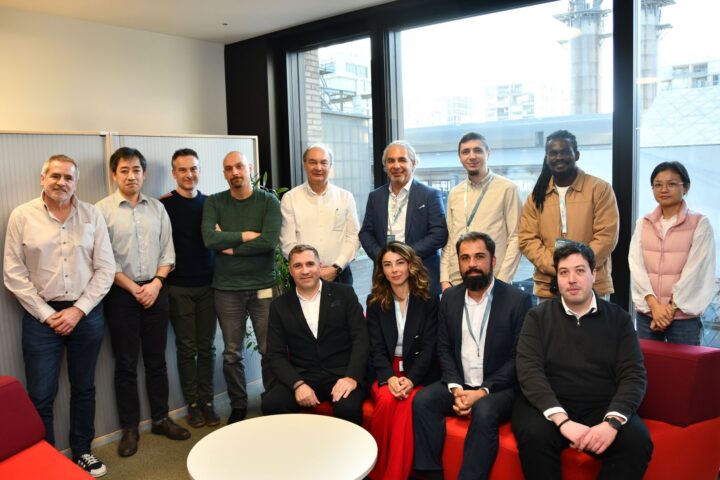SES CFO, Sandeep Jalan, describes how the company’s boldness and innovation have succeeded in connecting a billion people by satellite. He highlights the opportunities for the firm arising from our constantly increasing demand for data. SES began as a public-private partnership and he calls for Luxembourg to encourage similar startups.
Can you describe SES in a few words?
SES is a global satellite services operator providing connectivity to governments, airlines, cruise operators, telcos and enterprises. The timing of SES’s formation by the Luxembourg government in 1986 was perfect as satellite emerged as a channel to deliver television to households. SES has been bold and innovative: Our lower orbit MEO satellite constellation solves the problem of latency in communications. SES was the first to launch satellites on a SpaceX rocket which was also the first reusable rocket launched by SpaceX. Today we connect almost a billion people across the earth through SES satellites. Half of our worldwide turnover of €2 billion arises from the video side of the business. The other half caters to the data and connectivity part of the business. We have a global workforce of around 2,300.
Which risks and opportunities do you identify?
The biggest opportunity in our sector is data. Individually and collectively, we are all using more and more data, especially when we are on the move. This growing demand for data is attracting greater competition. That is good for the industry, it will raise the level of innovation, speed, scale, and simplicity all of which may reduce the price to customers. Newcomers will also expand the overall size of the market. Our strategy is to be faster and more agile by becoming more customer-centric, innovative and diversified. We are also continuing to take opportunities to acquire as we have done in the past. For example, acquiring Intelsat for $5 billion was a highly complementary and synergistic acquisition.
“Individually and collectively, we are all using more and more data, especially when we are on the move”
What can Luxembourg learn from this success of SES?
SES was a small startup; it was a venture playing into a very uncertain future. But it is an example of what the startup ecosystem can learn from our 40 years of boldness. SES began as a public-private partnership by the Luxembourg government. But what made SES successful in the last four decades would not make us successful going forward. We need to learn new rules of the game. These ventures need encouragement at the inception, and they need funding. But the success of firms like SES are the prize with its €1 billion in earnings, an investment balance sheet, growing free cash flows, and its dividend-paying portfolio.

